Conferences & Symposia
The Science History Institute hosts a variety of conferences throughout the year, as well as smaller workshops and symposia. Historians, scholars, museum practitioners, scientists, and industry professionals gather to discuss such diverse topics as alchemy, technological innovation, environmentalism, natural history collections, biotechnology, and more.
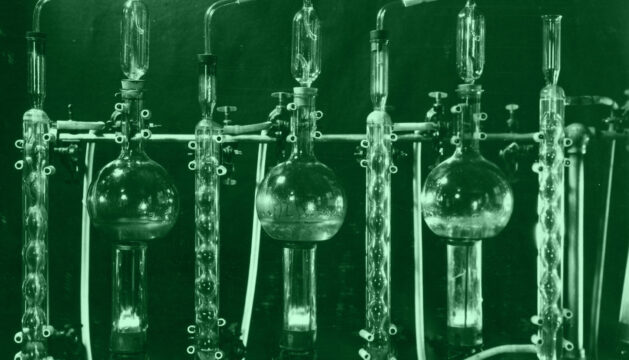
T. T. Chao Symposium on Innovation
This event brings together established and emerging leaders in the technical, entrepreneurial, healthcare, and policy arenas to share innovative ideas that impact our world.
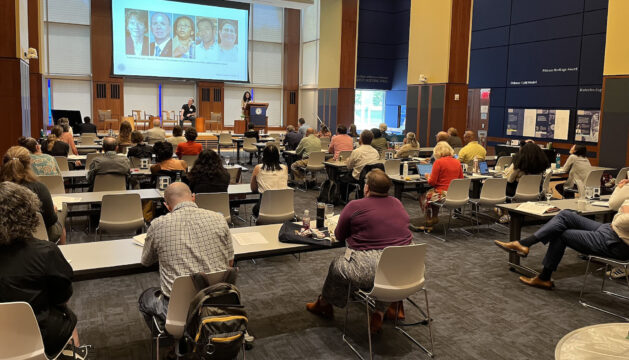
Gordon Cain Conference
The Cain Conference is an annual gathering of scholars in the history of science and related fields. Its organizers are eminent scholars who work with Science History Institute staff to develop a theme of broad contemporary relevance.
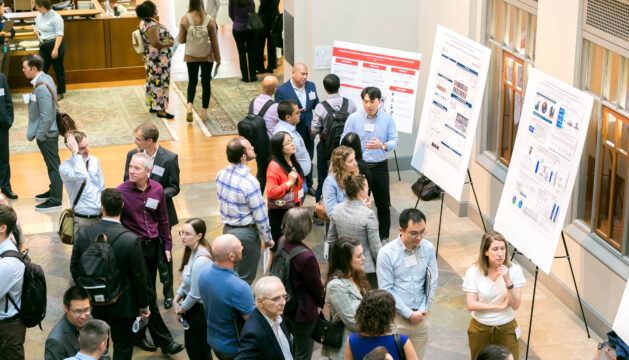
Innovation Day
On Innovation Day, emerging and established chemists and chemical engineers from the Society of Chemical Industry (SCI) member companies come together in person and virtually for a day of celebrating chemical industry innovations.
You might also like
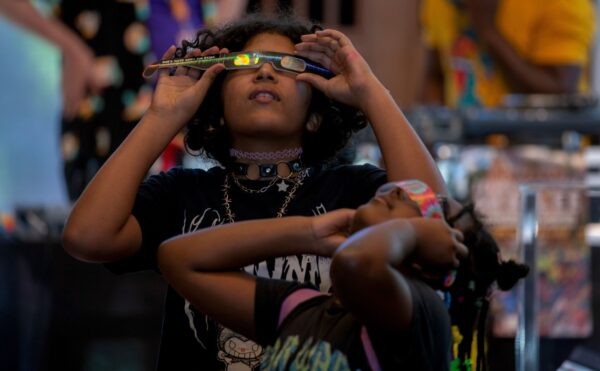
Events
The Science History Institute produces a wide range of virtul and in-person events that are free and open to the public.
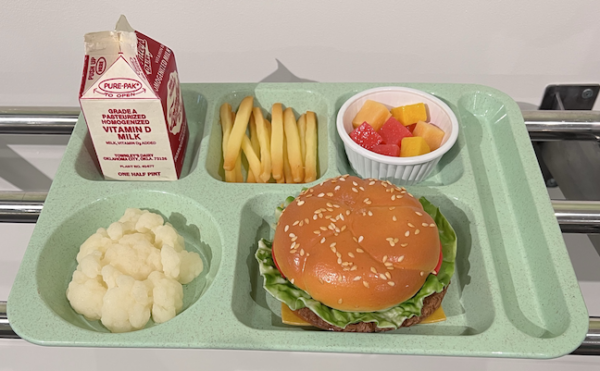
Exhibitions
Our exhibitions explore the diverse and surprising histories behind the science that shapes our world.
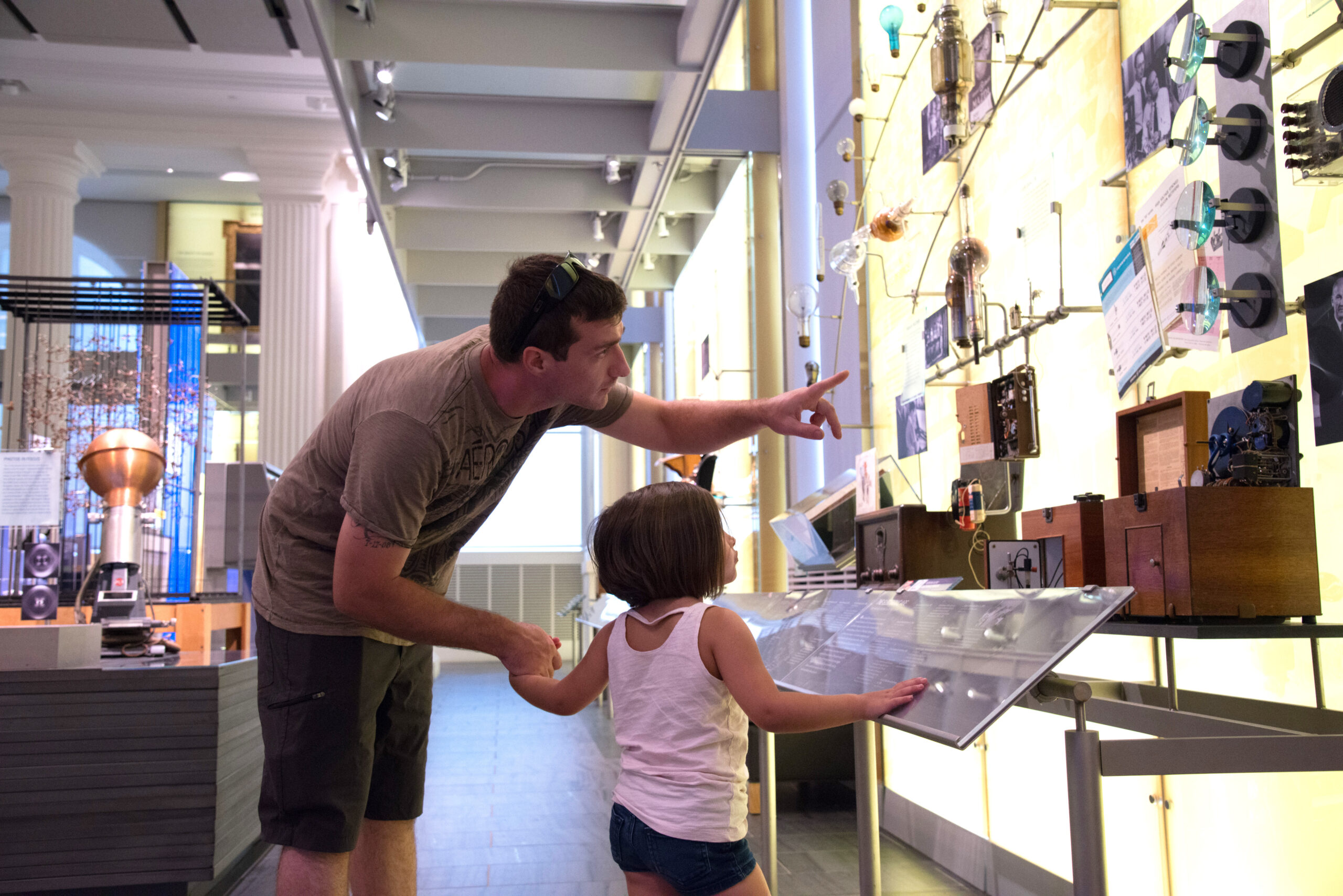
Hours & Admission
Our museum is free and open to the public Wednesday through Saturday.
